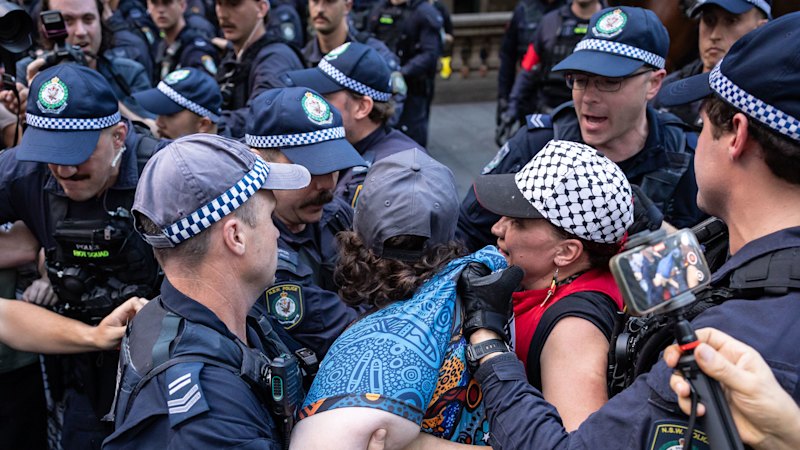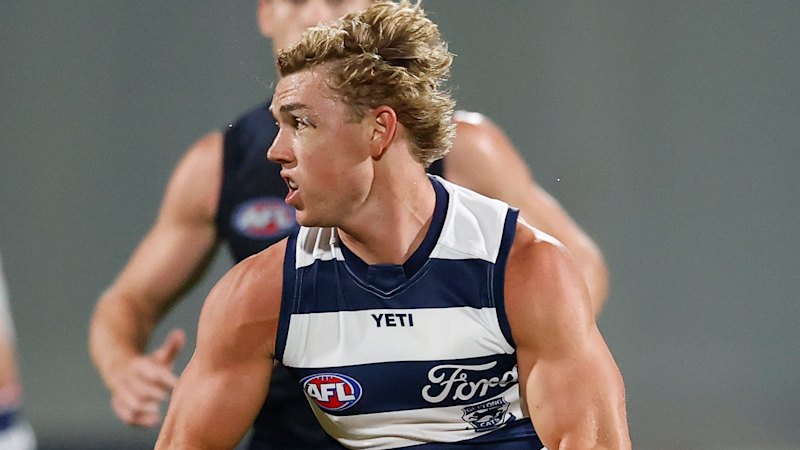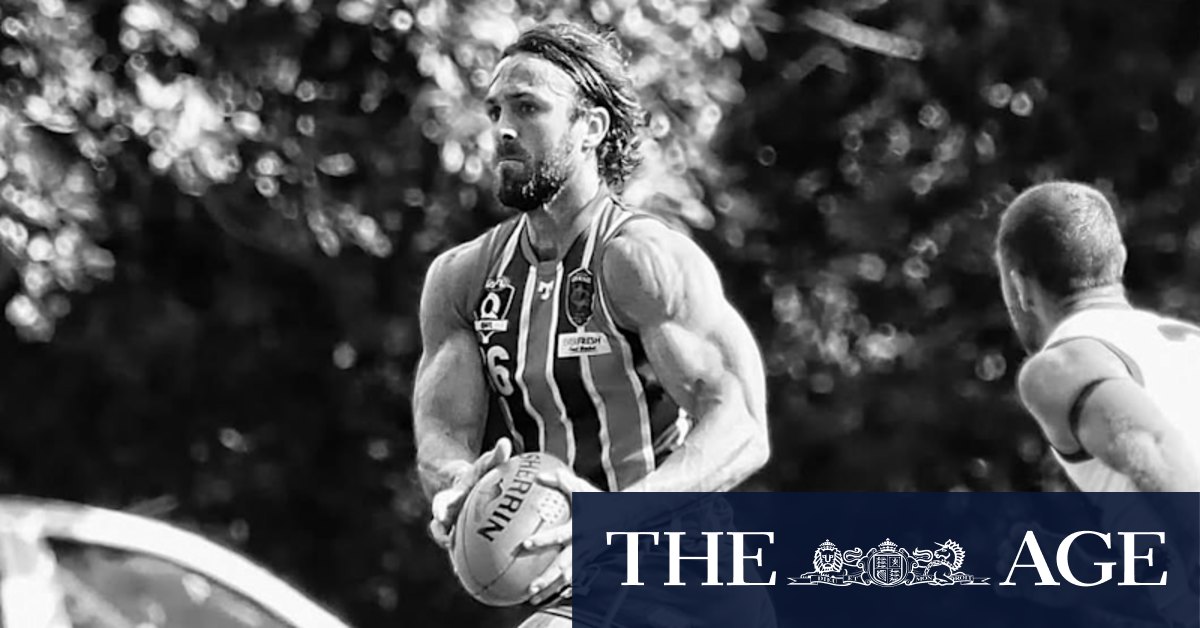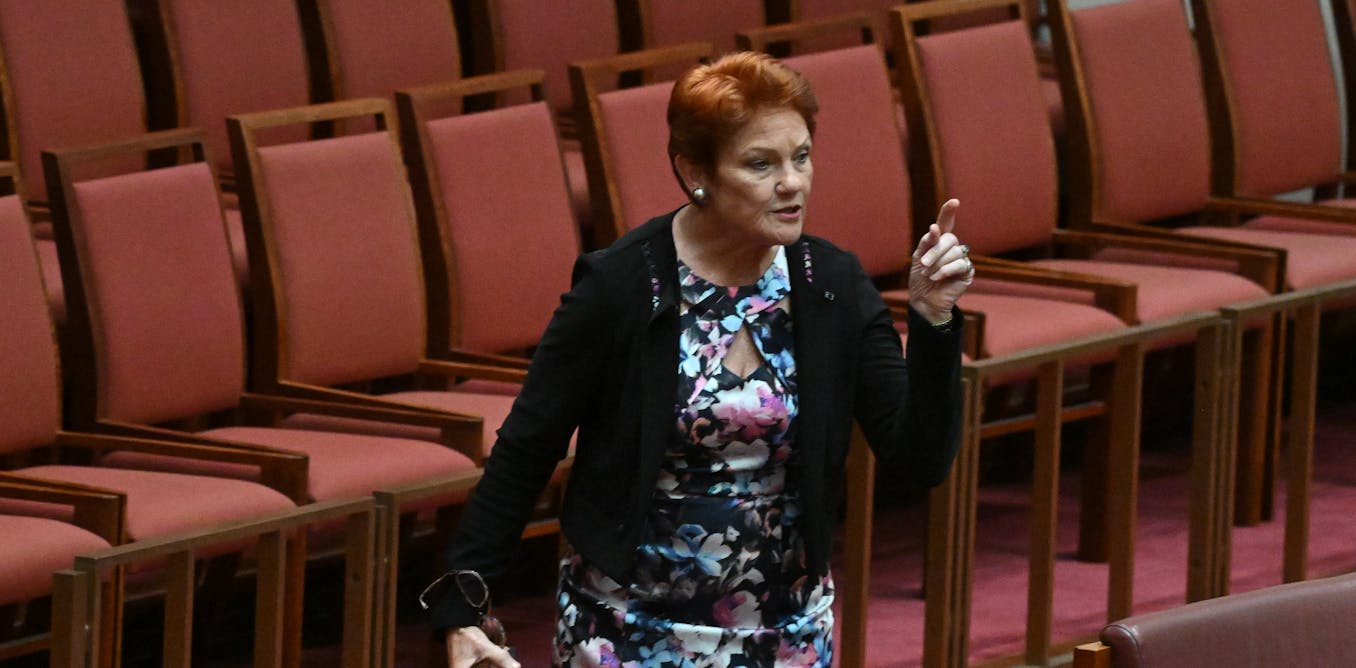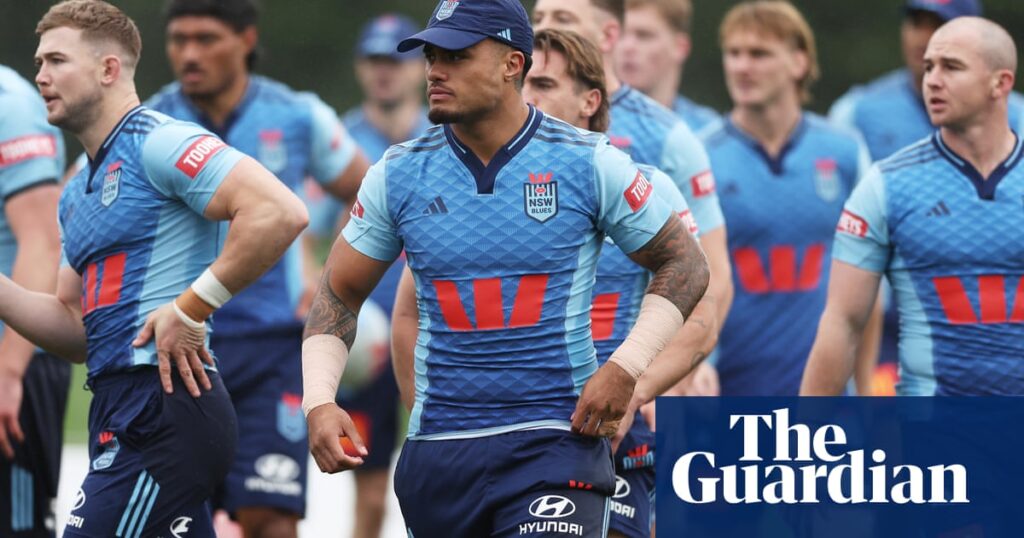
The question posed to New South Wales captain Isaah Yeo was blunt and perhaps a bit rude in any other context. But this is State of Origin week, a time when tensions traditionally run high in the annual rugby league series that pits New South Wales against Queensland. A television reporter, eager to ignite some old-school rivalry, asked Yeo, “Can you give us insight into how much you dislike Queensland?”
Yeo, a seasoned player with four NRL premierships and numerous accolades, understood the reporter’s intent. However, he maintained his composure, responding, “There’s obviously dislike, but you’re probably [asking] the wrong person. I try not to create headlines. I apologise.” This exchange highlights a broader trend in this year’s State of Origin series: a shift away from the traditional animosity and towards a more professional and respectful competition.
The Changing Narrative of State of Origin
This development follows a concerted effort by the media to rekindle the fiery rivalries of the past. The Courier Mail attempted to stir the pot by labeling Blues forward Spencer Leniu a “grub” in a headline, following a sideline disagreement with Queensland great Johnathan Thurston. However, Blues coach Laurie Daley downplayed the incident, suggesting, “Grub’s a heavy word.”
Meanwhile, Maroons coach Billy Slater dismissed the headline as external noise, stating, “I haven’t seen that headline, and it wouldn’t have come from anyone internal.” The media’s attempts to revive old narratives seem to be losing their impact, as players and coaches focus more on the game itself rather than off-field drama.
Media Fabrication and Player Perspectives
According to Yeo, much of the supposed animosity is a media creation. “I don’t think there’s many headlines coming from the players,” he remarked. “It’s a big occasion, I think the media aren’t liking the fact that there’s not that much hate between players, so I feel like they’re doing a good job of building it up.”
Recent stories have attempted to create tension, such as the “storm” after Maroons captain Daly Cherry-Evans was seen chatting with a referee, or the “spying drama” involving a closed New South Wales training session. Yet, these incidents have failed to ignite significant controversy, reflecting a broader shift in the culture of State of Origin.
Transitioning to a New Era
State of Origin has evolved significantly in recent years, moving away from on-field violence and alcohol-fueled bonding sessions towards a focus on sports science and professional preparation. This transformation was evident last year when Joseph-Aukuso Suaalii was sent off for a high tackle, a decision that sparked debate among traditionalists but did not deter viewership. The series continued to draw millions of viewers, with all three matches ranking among the top five sports broadcasts of 2024.
“The game is the game, the game sells itself,” said Billy Slater. “If you need the bit of feud off the field, well, you’re probably not doing the job on the field. And I think they’re doing the job on the field at the moment.”
The code appears in a robust state as it approaches negotiations for a new broadcast deal starting in 2028. Average audiences for Nine’s NRL games have increased by more than 5%, according to sports industry blogger Jason Lassey.
The Rise of Women’s State of Origin
The Women’s State of Origin series has also emerged as a significant asset, providing a tentpole event that rivals the AFL. Insiders estimate that the three-match contest, once a financial burden, is now a valuable broadcasting asset worth several million dollars. The inclusion of a Papua New Guinea side in 2028 as part of Australia’s soft diplomacy efforts further underscores the growth and diversification of the game.
For the 2025 series, while the off-field theatrics may have diminished, the focus remains on the quality of play. Slater, with his extensive experience as both a player and coach, believes the essence of State of Origin endures. As the series continues to evolve, it maintains its status as a jewel in the rugby league crown, driven by the players’ performance on the field rather than manufactured rivalries.
